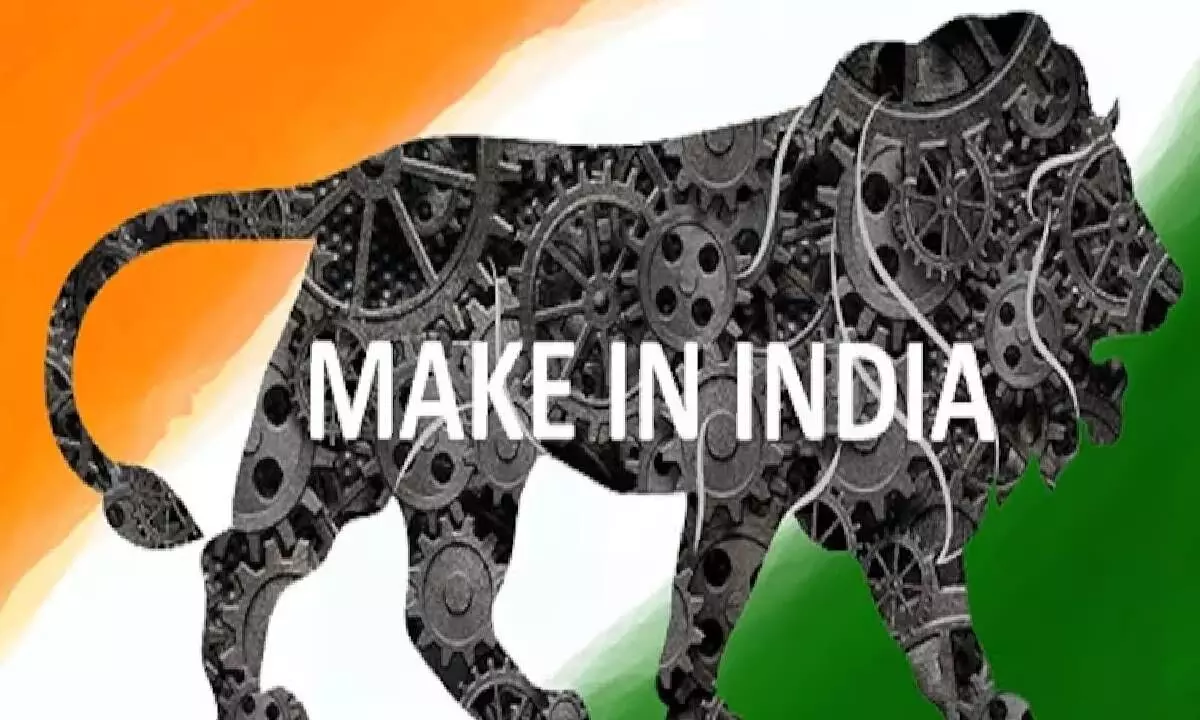46% purchases made under ‘Make in India’ against norms
In terms of money spent, govt purchases worth Rs 56,242 cr did not comply with DPIIT order
image for illustrative purpose

New Delhi The Department for Promotion of Industry & Internal Trade (DPIIT) under the Ministry of Commerce & Industry has found that as many as 46 per cent of purchases made by various ministries and departments did not comply with its Public Procurement (Preference for Make in India) Order, 2017, or the PPP MII Order.
The DPIIT scrutinized 1,132 of the total of 2,443 tenders, official sources told Bizz Buzz. In terms of money spent, government purchases worth Rs 56,242 crore, or 43 per cent of the total Rs 131,242 crore, did not comply with the PPP MII Order.
The DPIIT issued the order to boost local manufacturing. It gave purchase preference to Class I local suppliers over Class II and non-local suppliers. A ‘Class-I local supplier’ was defined as one offering items with more than half local content. A ‘Class-II local supplier’ offers items with more than 20 per cent but less than 50 per cent local content, whereas a ‘non local supplier’ is one who sells items with less than 20 per cent local content. The cost of transportation, insurance, installation, commissioning, training, and after-sales service support like AMC and CMC are not taken into account for calculating local content in any item.
Nodal ministries and departments were authorized to notify a higher minimum local content requirement for any item, i.e. higher than 50/20 per cent, if they deem fit.
In case an item is not available locally from Class-I or Class-II local suppliers, a global tender enquiry may be floated for procuring that item, but that would be contingent upon approval from the Department of Expenditure under the Ministry of Finance. Administrative ministries and departments are allowed to grant only tender-specific exemptions, which shall remain valid for a period of maximum one year only. If the same items are procured again within one, fresh approval of the minister-in-charge is not required.

